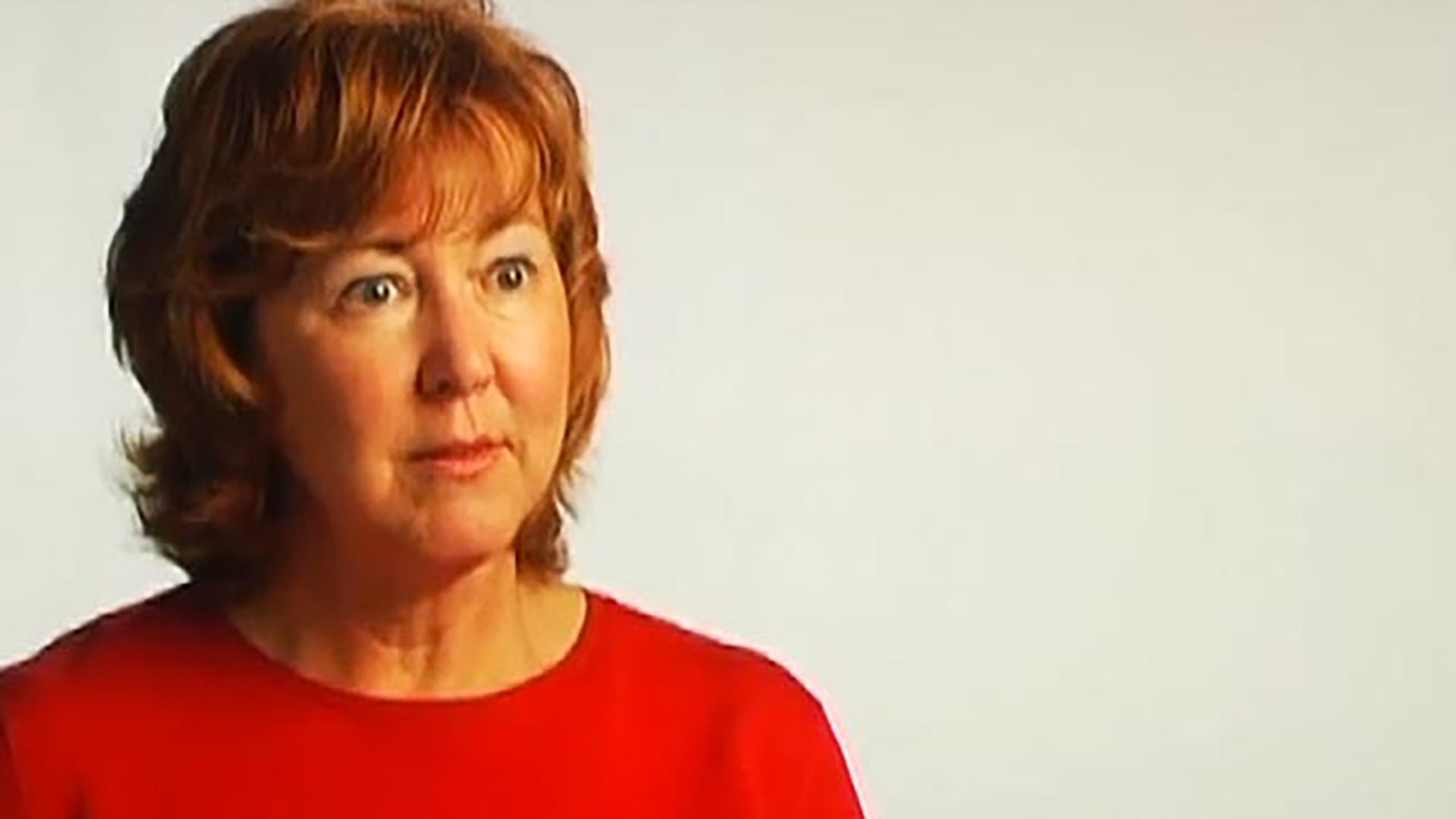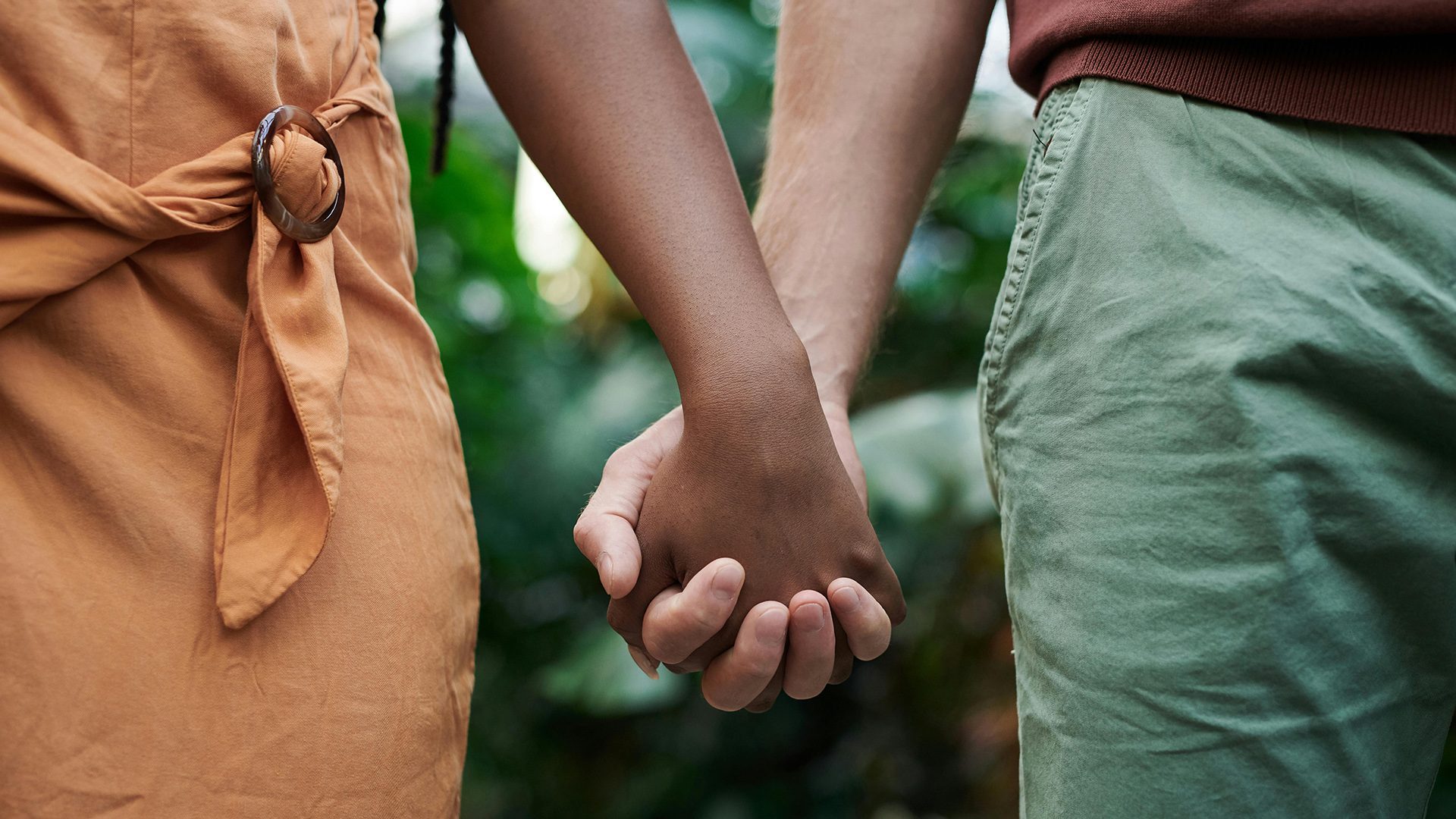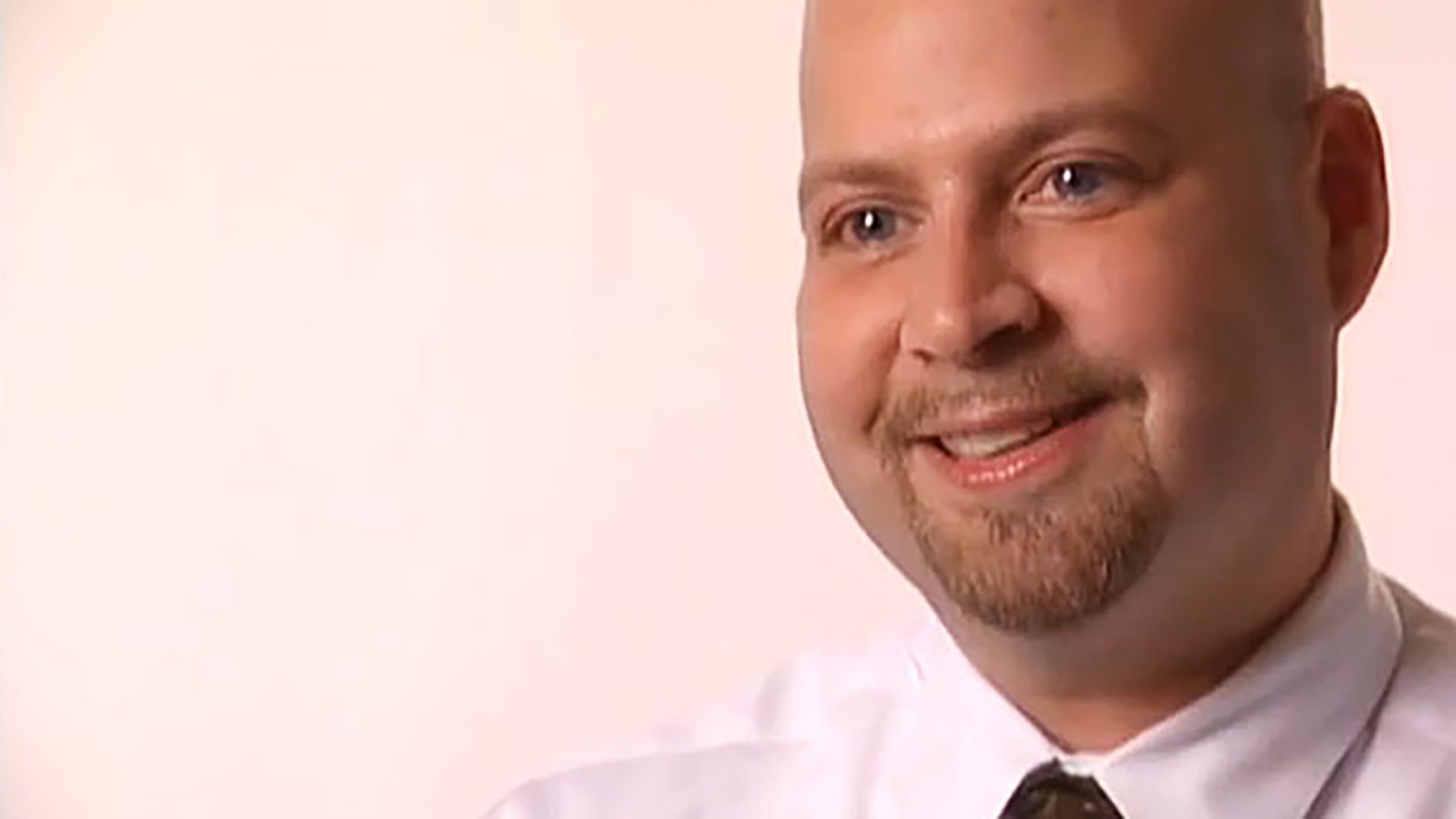Survivor Interview – Laura L.
Laura is a cervical cancer survivor. She discusses dating and new relationships, finding a counselor, and telling others that she is a survivor.

I became a cancer survivor in 1973 when I was diagnosed with cervical cancer.
I went for a checkup and was shocked to find out that I had an irregular pap smear. At the time, nobody knew what it was. It was pretty frightening for me. There was no literature. There was nothing about the disease or really cancer in general. People didn’t talk about it. Girlfriends didn’t talk about it. And certainly, you didn’t talk about it with your husband. People thought they were gonna contract it just by being around me. I realize that these days, it sounds crazy to say something like that, but it’s the truth, and it wasn’t that long ago. My husband wound up divorcing me while I was in the hospital. He had a process server come into the hospital room, because he was frightened of being near me. Nobody really knew what to do with me or how to act towards me. I had a hysterectomy. I wanted to have children, so that was really devastating to me. Consequently, I love my young nieces and nephews probably more than I ever could have.
After the surgery, checkups are the most important thing. They are so vital to everybody’s peace of mind, as well as their health. I’ve had some irregular pap smears. I’ve had some scares. It’s like a little wake-up call every single time. If you start veering off the pattern of your life, meaning you’re not eating as well as you should or exercising, you get a bad checkup. It brings you back to focus in your life.
I remember driving home after my diagnosis. I had to cross the Golden Gate Bridge, and I thought, “This would probably be a good time to stop the car and jump.” Honest to God, I thought that. Fortunately, I had a really great physician who said, “You probably need to get some counseling.” I took him up on that. That helped a lot. How did I deal with my emotions? I turned inward during that time, because there wasn’t really a support system, and I don’t recommend that. It was hard, but counseling helps. Talking to people helps a lot. The lady that I went to has become a friend over the years. When I feel like I need to go, I can just drop in.
I’ve been married for 13 years, happy and living a really good life. My husband’s a cyclist, so we’re looking forward to doing the Ride for the Roses together. Cancer played a role in deciding if I was going to remarry and what my relationship was going to be like with this person. After dating each other for a while, that’s something that I had to talk about. We spoke about it pretty soon into our relationship, because you can’t get serious with anybody unless you share that with them. That’s a big part of your life. He was the kind of person that was very accepting of it and wanted to know more. So it’s something that we shared. It’s something that you go through together, because there is a chance for recurrence. In the primary relationship that you have with another person, I just think that that’s really important to share and talk about it.
Thirty years ago, if you were diagnosed with cervical cancer, you had to have a hysterectomy. There were no ifs, ands, or buts. That’s the way they dealt with it. It’s not anything that you want to even think about, but probably they wouldn’t have been quite so invasive today. It hasn’t affected me intimately, because I went through that when I was married and diagnosed the first time. People are embarrassed to talk about it and don’t think anybody else has gone through it. There are those things that need to be discussed. I was alone after my surgery for many years; the subject didn’t come up.
Nobody talked about nutrition. I decided to do some exploring on my own, and I radically changed my diet. I was a flight attendant, so I was eating on the run all the time. I was overnighting in strange places and eating in airports. I don’t know if this sounds radical even for now, but I ate raw for six or seven months. I became a vegetarian for about twelve years. I am not a vegetarian anymore. I ate raw and juiced and things like that. The doctor that I went to see thought I was kind of crazy, but I did get really good checkups after that, and he was amazed at my progression after the surgery. In my heart, I feel like that had a lot to do with it. At the time, people thought I was kooky for eating like that. It was hard to do that, especially when I was traveling, but I made it a priority. I think diet has a big mental effect as well. You feel like you’re doing something good for yourself. It makes you feel like you have a little bit of control.
I was definitely a heavy vitamin therapy person at the time. Just a lot of Vitamin C, but I took cold press, wheat germ oil, and all kinds of stuff. I was inhaling all those good kinds of things. Now, I’ve got a Vitamin E and Vitamin C regimen that I always take. I did a lot of vitamins in conjunction with a vegetarian diet. It just made me feel like I was helping myself along to a better life.
I recently went online and typed in cervical cancer. There’s a National Cervical Cancer Coalition. There are support groups. There are many books. There’s a hotline. A hotline! It’s so wonderful now that people are becoming more aware. People are talking. People are opening up. I feel fortunate for all those people now that have the help. I try and share my story with those women that are going through it, but it’s really made an impact in my life. I almost feel grateful that it happened to me. I started doing things that I never would have done before.
I really wanted to do something then and didn’t know how to go about it. As groups became available to me in the little town that I live in, I would help with fundraisers, trying to make people aware. I would go on cancer walks. But at the time, there wasn’t anything, and I didn’t know how to make any changes for advocacy. I feel like because I’m in a situation in my life where I have a bit more time that I want to be more involved, and that’s why the foundation was so attractive to me.
Livestrong. I look at this band that I’m wearing, and it brings me right back 30 years ago to those feelings about how it was really important to live strong. It was my watchword at the time: strength. I put this band on, and I thought it was sweet at first. Now it’s become something that I think about every day. Even though it’s brought back some painful memories, it’s made me get back on track. So Livestrong is a real important little phrase in my life right now. It’s helped me get back on track with my feelings about cancer. I live strong because I think it’s important to share my story after all this time. It’s important to take care of yourself and to help take care of people that you care about.
It’s important for women to know that I’m a long-term cancer survivor. I hadn’t heard a lot of people talk about being diagnosed so long ago, and that’s the reason why I decided to share my story. It’s important to know that your life can be pretty darn wonderful a long time after you’ve gone through the disease and been diagnosed. There will be days when I’ll take it for granted. That’s just part of life. But I won’t ever forget about it.
My name is Laura Salo Long, and I’m a 31-year cervical cancer survivor.

